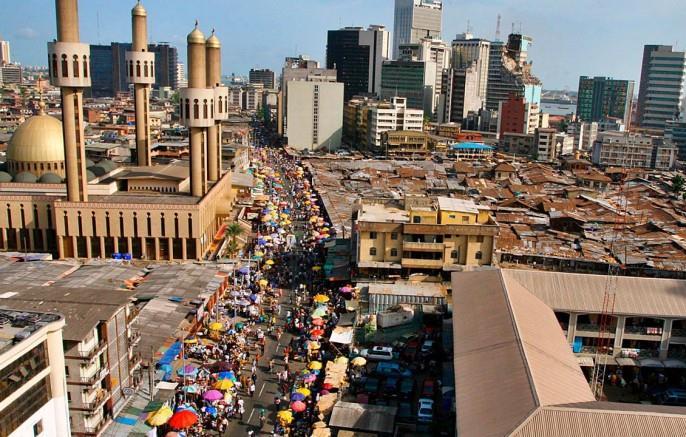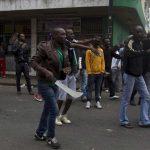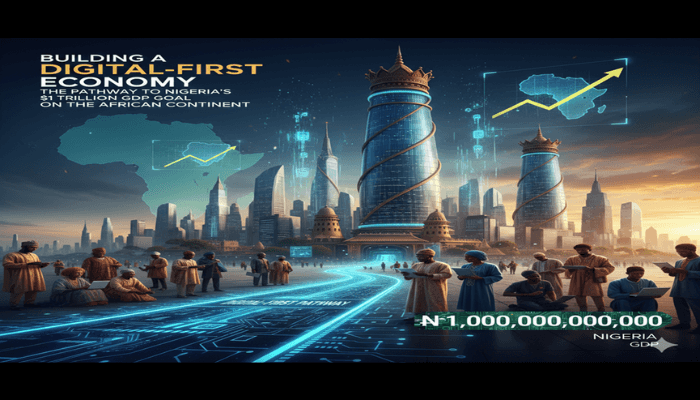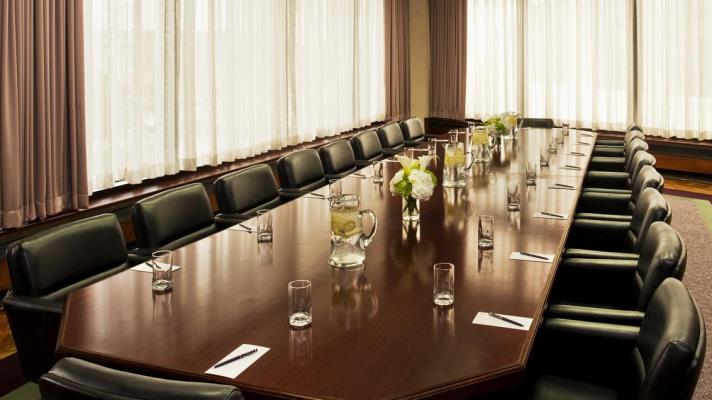In 1999, the vision 20:2020 goals included, Nigeria among the top 20 economies of the world by 2020, and high upper-middle-income country status with a per capita income of $9,000 (it is only about $2,000 per capita as at today) among others.
Fiscal indiscipline, recurring violent conflict, and economic recession inhibits the chances of this reality. At current rate of demographic explosion and an optimistic annual growth rate of 7 percent, it will take another 20 years to achieve a per capita income of $9,000.
This piece focuses on the linkages between poverty, insecurity, economic growth (decline) and (under)development. Firstly, we discuss issues in the North eastern part of Nigeria, then propose strategies for creating or preserving wealth, preventing conflict and entrenching the rule of law to achieve sustained economic growth in Nigeria.
Nigeria faces security, humanitarian and developmental challenges. The Boko Haram insurgency is now about a decade old and continues to deeply affect the North-East economy, the Nigerian population and the economy at large.
Borno, Adamawa, and Yobe (the BAY states) have been negatively impacted the most by the group Boko Haram, especially in the rural areas since government forces are dominant in major urban centres. Bauchi, Gombe, and Taraba have to cope with the indirect effects. Dwellers displaced from the BAY states migrate into these states, hence, mounting more pressure on the insufficient infrastructure and social services in these states.
Due to the conflict, the BAY states, in particular, have suffered agriculture-related losses to the tune of $3.7 billion. The World Bank estimated that between 2011 and 2015, losses in the BAY states accounted for 75 percent of total loss in the economy of $8.3 billion. This excludes $9.2 billion worth of damages to infrastructure and services.
Research by US-based Atlantic Council lends credence to the belief that financial incentives are the main motivation for youth joining Boko Haram or other violent groups. Creating wealth is, therefore, a smart way to ensure national security. The Lagos state government with support from UNDP has achieved relative success with the Lagos State Employment Trust Fund (LSETF), which amongst other things is a “train-to-work” agency for low and semi-skilled individuals in the state. The federal government should promote LSETF or a tailored version in other states of our country.
There are ample opportunities for the new ministers to create wealth by opening up the multi-billion-dollar marine, maritime and mining sectors to micro, small and medium enterprises (thus breaking the illegal, shadow economies in those sectors, including forestry and wood logging). The more diffuse wealth is, the more secure Nigeria will be.
In terms of domestic and regional trade, the North East Development Commission (NEDC), as part of the process of the region’s economic recovery should facilitate the restoration of trade with the rest of the states and neighbouring countries of Niger, Chad, and Cameroon.
At the policy level and to strengthen ties, our leaders need to break the language barrier by selecting a cohort of no less than 5,000 new or existing public servants across junior, mid and senior cadres to learn mandarin in its totality with a view to undergird economic, cultural, social, educational, diplomatic and political relations between us and China.
For instance, traders from Nigeria are constrained by high travel costs, difficult China visa policies and an obstructive air service agreement. Research by the US institute for peace suggests that there is a potential $650 million economic gain to Nigerian consumers if restrictions on air service were lifted.
There are ample opportunities for the new ministers to create wealth by opening up the multi-billion-dollar marine, maritime and mining sectors to micro, small and medium enterprises. The more diffuse wealth is, the more secure Nigeria will be.
Private businesses and nongovernment organisations are the best agents for rapid, and sustainable reconstruction post-conflict. NEDC should collaborate strongly with the private sector.
There is also a possibility wealthy citizen with vested family or business interests in the area, will be involved in conflict prevention and mediation as well as investment in the post-conflict areas of Northern Nigeria.
According to Chatham House, in the decade ending 2014, Nigeria lost $182 billion through illicit financial flows. Al Jazeera Centre for Studies has also in the past estimated that Nigeria accounts for 68 percent of $60 billion siphoned illegally from Africa every year. Nigeria must block holes in its public finance sources by clamping down on transfer pricing, circumvention of capital controls and tax evasion, especially by large domestic and global corporate organisations.
Despite being officially a secular state, we suffer from unhealthy identity politics through religion, ethnicity and the infamous indigene-settler dichotomy. The rivalries that the preceding matters generate threaten our common security and it is high time we used our laws for a start, make it illegal to demand information on religion and state of origin in official public or private sector documents.
The indigene-settler differentiation divides us. It must be possible to live as Nigerians without such base cleavages. We also urgently need a robust law against hate speech, which can be either stand-alone or be embedded in the law that abolishes differentiation and division along ethnic and religious lines.
It is important to adopt debating, negotiation and mediation to forestall and resolve conflicts. On the farmer-herder crisis, from all indications, what is in contention is grazing routes and how they overlap with crop farms. To preserve the security of food, dairy and animal assets but most importantly human life, Abuja in collaboration with leaders in affected states must negotiate with the relevant associations to achieve peaceful relations that are underpinned in law and no longer ancient, informal traditions.
To conclude, going forward, we must do all to prevent conflict and preserve the peace because conflict kills children and women, it displaces people and creates refugees, triggers drug and weapons trafficking, cripple infrastructure and the economy.
For maximum effect, any government intervention must be accompanied by investment promotion and humanitarian relief in water, food, health, and educational services.
Nigeria needs us and we need Nigeria. All hands-on deck…there’s so much work to be done!
Mayowa Amoo
Amoo is an investment banker based in Lagos











